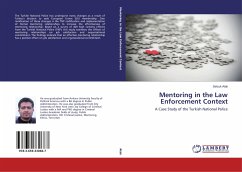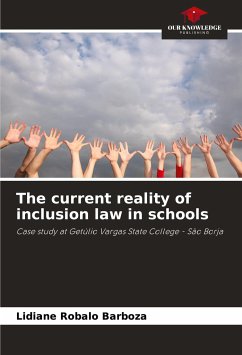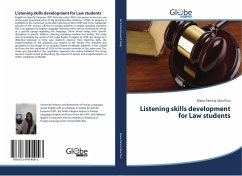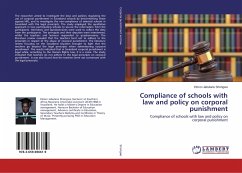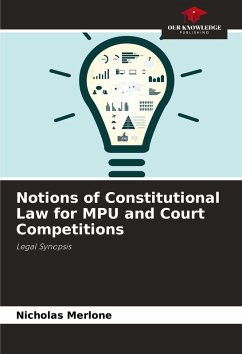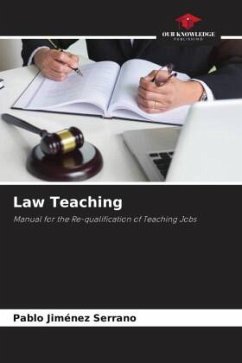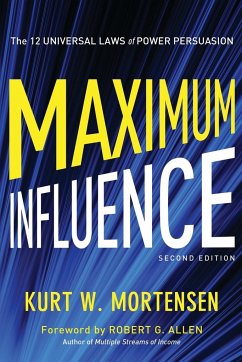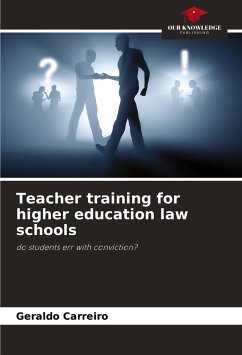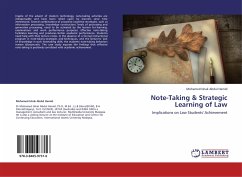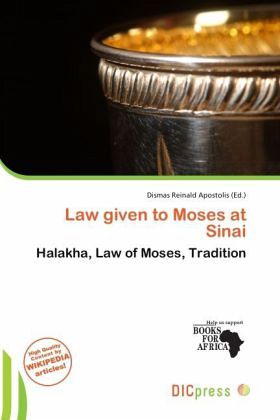
Law given to Moses at Sinai
Halakha, Law of Moses, Tradition
Herausgegeben: Apostolis, Dismas Reinald
Versandkostenfrei!
Versandfertig in 6-10 Tagen
26,99 €
inkl. MwSt.

PAYBACK Punkte
13 °P sammeln!
Please note that the content of this book primarily consists of articles available from Wikipedia or other free sources online. The terminology Law given to Moses at Sinai (Hebrew Halakhah le-Moshe mi-Sinai ) refers to a judgment that was not stated in the recorded in the Hebrew Bible, nor derived from the (the Oral exposition), however, known from the Jewish . Hence, in this terminology "The law given to at ," is not included in the written Torah (the first five books of the Hebrew Bible), that was transmitted since time immemorial from one generation to the next, orally, with no other source...
Please note that the content of this book primarily consists of articles available from Wikipedia or other free sources online. The terminology Law given to Moses at Sinai (Hebrew Halakhah le-Moshe mi-Sinai ) refers to a judgment that was not stated in the recorded in the Hebrew Bible, nor derived from the (the Oral exposition), however, known from the Jewish . Hence, in this terminology "The law given to at ," is not included in the written Torah (the first five books of the Hebrew Bible), that was transmitted since time immemorial from one generation to the next, orally, with no other sources. These laws are considered by the Talmud to have the force and gravity of Biblical law as if they were stated explicitly in the verse.[] A classic example is the laws of ritual slaughter upon which meat is based. They are not stated explicitly in any verse, and are merely referenced in passing in Deut. 12:21.



